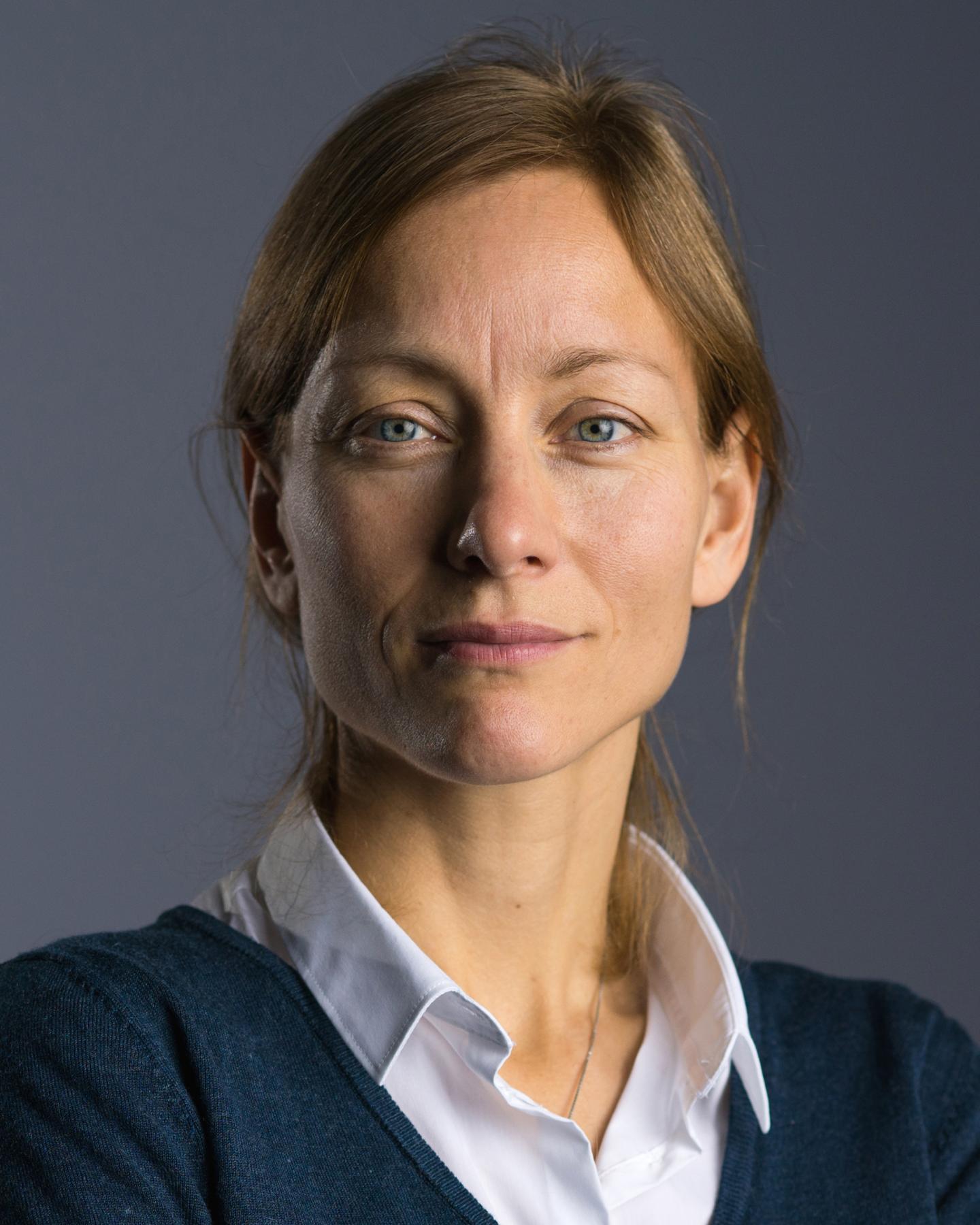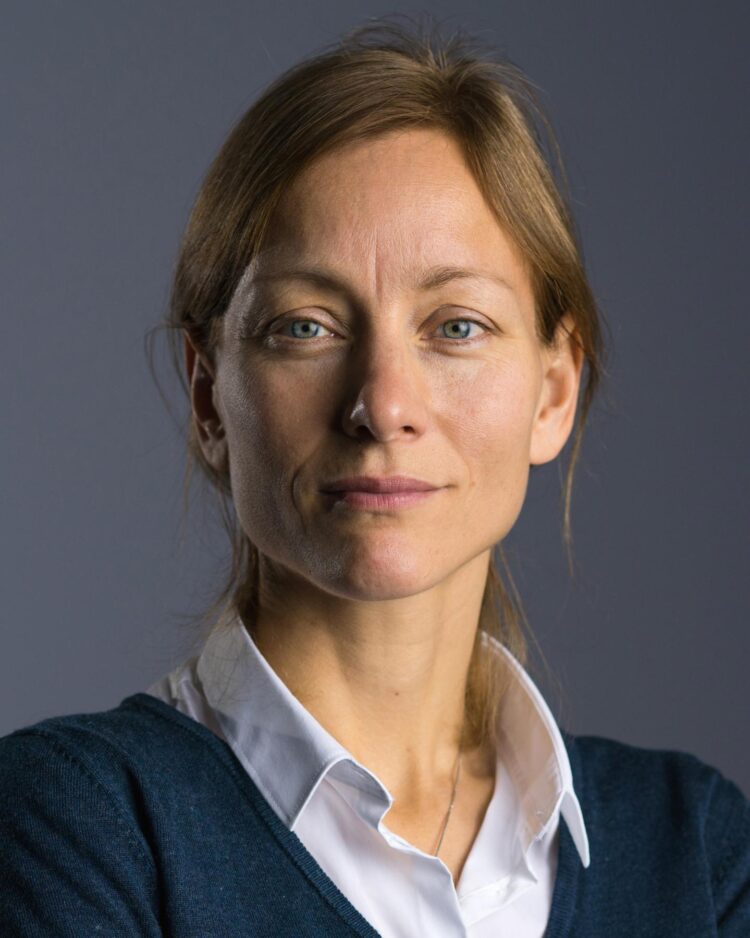How and why does psychosis play a role when defining someone as criminally insane and lacking capacity for responsible action? Professor Linda Gröning has been given 12 million NOK from The Research Council of Norway to find out.

Credit: The University of Bergen
Psychosis is central to a western idea of criminal insanity. There exists, however, disagreement and controversy on how criminal insanity relates to mental disorders, as was demonstrated in the 22 July case in Norway.
Professor Linda Gröning at The Faculty of Law, University of Bergen (UiB) will receive 12 million NOK from The Research Council of Norway over a 5-year period to study the legal understanding of psychosis and how it relates to criminal insanity.
“The project will focus on how the law understands mental illness and especially the relation between psychosis and criminal insanity. Our aim is to develop a more nuanced legal understanding of mental illness,” Gröning explains.
Legal ambiguity
In legal terms, criminal capacity and sanity refers to the ability to take responsibility for one’s actions and is fundamental for decisions about punishment. Most countries have rules that exempt children, as well as serious mentally ill and intellectually disabled offenders from criminal responsibility.
“Psychosis is central to the law’s decisions about who should be held criminally responsible and punished, and who should not, in all countries. At the same time, the law is unclear about why and how psychosis is relevant for criminal responsibility,” Gröning points out.
“This lack of clarity has in practice led to an association between criminal insanity and psychiatric diagnosis, and many of those acquitted due to insanity are diagnosed with schizophrenia. This connection between insanity and diagnostic categories is problematic and may be stigmatizing to persons with mental illnesses,” says Gröning.
Collaboration with philosophers and mental health researchers
To expand the legal understanding of criminal insanity and psychosis, Gröning is collaborating with world-leading philosophers and researchers in psychiatry and psychology.
“Our collaboration will emphasize recent mental health research on psychosis, that approaches this phenomenon as dimensional, and beyond the constraints of diagnostic categories,” Gröning says.
The researchers in the project are planning interdisciplinary publications, seminars and workshops. They will also invite representatives from prosecuting authorities, lawyers, legislators, and other relevant persons to share their experiences in the field.
A focus on the Norwegian model
To develop a legal framework for understanding criminal insanity and psychosis, the researchers will also relate their work to existing models for insanity currently used around the world today.
“An important dimension of the project is to explore the Norwegian legal model. Little research has been done on the Norwegian model internationally. Our exploration of insanity and psychosis within the legal framework of this model may provide a valuable contribution to the global discussion,” says Gröning.
“Hopefully, the project will develop needed legal knowledge and help to reduce the stigma associated with mental illness and crime,” Linda Gröning says.
###
Facts DIMENSIONS:
DIMENSIONS
* Remodelling criminal insanity and psychosis through the philosophical, legal and medical DIMENSIONS of the medical model (DIMENSIONS) is funded by The Research Council of Council of Norway (SAMKUL).
* The research group: Professor Linda Gröning (leader), Associate Professor Unn K. Haukvik (University of Oslo), Professor Stephen J. Morse (University of Pennsylvania), Associate Professor Susanna Radovic (University of Gothenburg), and there will be three postdoctors in philosophy, law and medicine/psychology.
* Scientific Committee: Professor Michael S. Moore (College of Law and the Center for Advanced Studies, Illinois), Professor Ingrid Melle (University of Oslo), professor Ian Freckelton (University of Melbourne).
* Partners: Professor Gerben Meynen (Utrecht University), Professor Kenneth Hugdahl(University of Bergen), Professor Jørn Jacobsen (University of Bergen) and Professor Ronnie Mackay (Leicester De Montfort Law School).
Media Contact
Linda Gröning
[email protected]
Original Source
https:/





